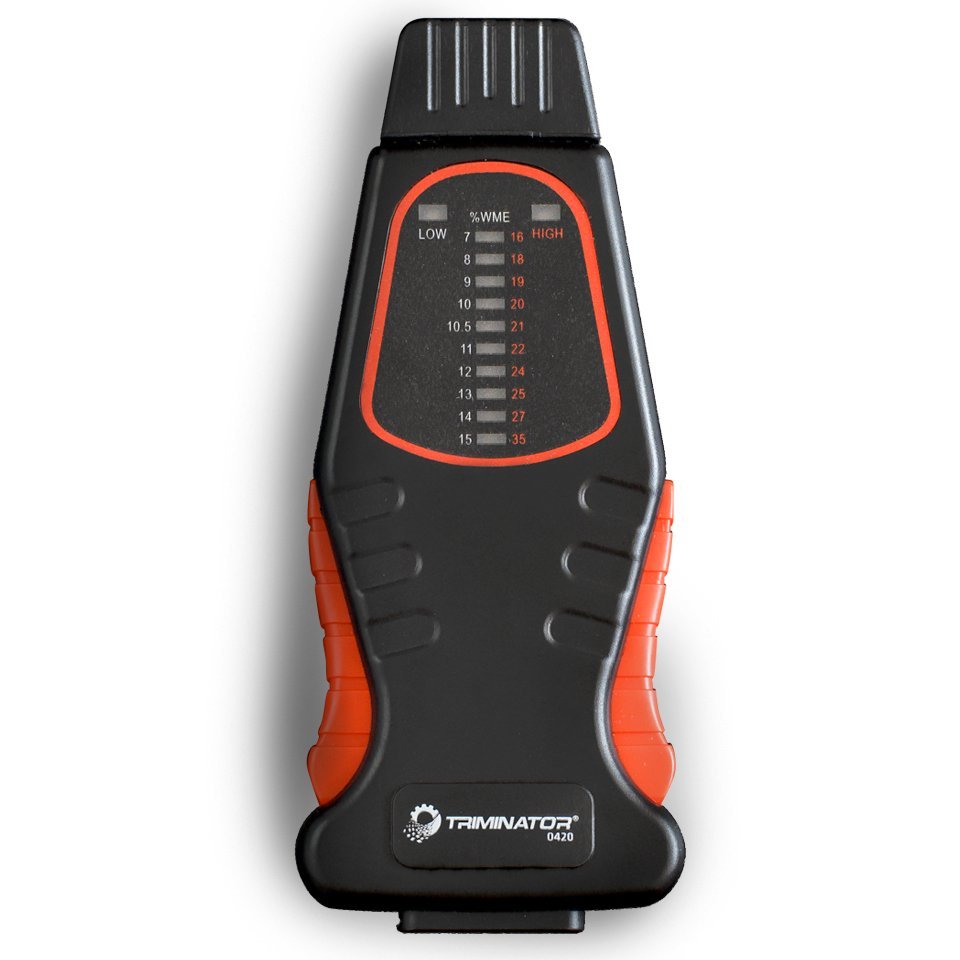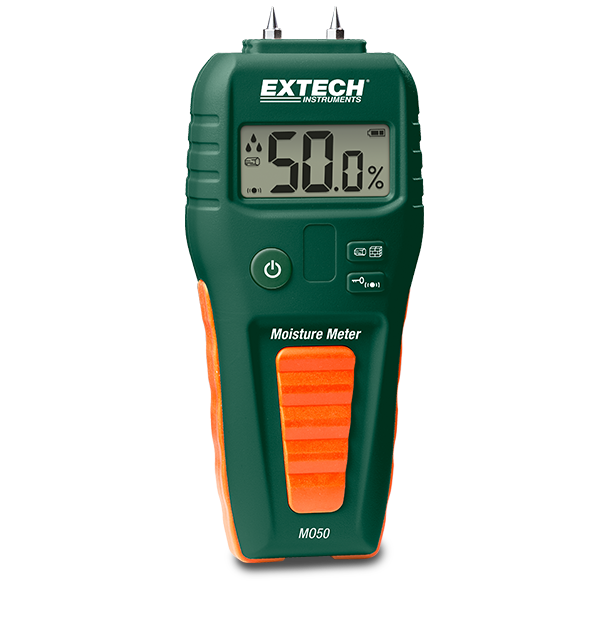Moisture Meter Acquiring Guide: What to Look for in High-Quality Instruments
Moisture Meter Acquiring Guide: What to Look for in High-Quality Instruments
Blog Article
The Ultimate Overview to Moisture Meters: A Comprehensive Overview and Just How They Can Save You Money
In the realm of structure maintenance, building and construction, and different markets, the importance of precisely determining dampness levels can not be overemphasized. Dampness meters function as indispensable tools in finding and checking moisture content in products, helping in avoiding expensive problems and making certain the high quality of items. Comprehending the nuances of different types of wetness meters, their applications, and the potential cost-saving advantages they provide can be a game-changer for specialists and businesses alike. Uncovering exactly how these devices can not just enhance processes yet also add to financial cost savings is a journey worth starting.
Sorts Of Moisture Meters
Different kinds of moisture meters are offered for different applications in various markets. One common type is the pin-type dampness meter, which determines the electric resistance in between two pins put right into a product. This kind appropriates for wood, drywall, and various other building products. Pinless dampness meters, on the other hand, usage electromagnetic sensing unit plates to scan a bigger area without causing damage to the product's surface area. These meters are perfect for promptly evaluating wetness degrees in huge locations such as walls and floors.
Additionally, there are also specialty dampness meters designed for particular products like grain, hay, or soil. These meters provide accurate wetness readings customized to the one-of-a-kind residential or commercial properties of the product being examined. Infrared wetness meters determine the thermal buildings of a product to establish its moisture content non-invasively, making them useful for applications where pin or pinless meters might not be ideal. Understanding the different kinds of dampness meters offered can help sectors pick one of the most proper tool for their specific wetness measurement demands.

Benefits of Utilizing Moisture Meters

Furthermore, using dampness meters can cause boosted power effectiveness. By identifying locations with high moisture degrees, such as leaks or poor insulation, adjustments can be made to enhance energy conservation and reduce utility expenses. In farming setups, wetness meters play a critical duty in enhancing crop returns by enabling farmers to monitor soil dampness degrees and make educated watering choices. Overall, the advantages of making use of dampness meters extend across numerous markets, providing affordable remedies and advertising much better quality assurance methods.
Exactly How to Select the Right Moisture Meter
Choosing the suitable dampness meter includes thinking about essential aspects such as material compatibility, dimension array, and calibration precision. When choosing a wetness meter, it's necessary to make sure that the meter appropriates for the certain product you will be testing. Different materials have varying electrical homes that can influence dampness readings, so selecting a meter created for your product is important for accurate outcomes. Additionally, consider the measurement array of the dampness meter. Ensure that the meter can discover moisture degrees within the variety needed for your applications. Calibration accuracy is an additional important variable to bear in mind (Moisture Meter). Choose for a moisture meter with trustworthy calibration to ensure regular and accurate readings. Some meters may require routine calibration adjustments, so understanding the calibration process is important. By carefully assessing these factors, you can choose a dampness meter that meets your demands and provides exact moisture measurements for your projects.
Proper Strategies for Moisture Meter Use
To make certain accurate dampness analyses and make the most of the performance of a wetness meter, utilizing appropriate methods is crucial. When utilizing a pin-type moisture meter, put the pins or probes right into the material being tested up until they make complete contact. Make sure the pins are perpendicular to the surface area to obtain the most precise reading. For pinless wetness meters, hold the device flat against the product and move it slowly to cover the whole area for an ordinary analysis. It's crucial to calibrate the dampness meter according to the product being checked to boost precision. Take several analyses throughout the surface and ordinary them out for an extra reliable outcome. Furthermore, make sure that the material being evaluated is adjusted to the setting to stop skewed readings. Routine upkeep of the wetness meter, such as cleaning up the pins or sensor, is also important to ensure precise and consistent analyses. By following these correct methods, individuals can count on their wetness meter to give credible wetness levels, assisting in protecting against costly damages or ensuring quality in different click this applications.

Price Cost Savings With Moisture Meter Applications
Exactly how can the tactical usage of moisture meters lead to substantial cost financial savings across this content various markets? In the farming industry, moisture meters aid in identifying the optimal time for harvesting crops, protecting against excess or over-drying moisture that can affect the final item's top quality.

Additionally, in the food processing market, wetness meters are vital for keeping track of product top quality and guaranteeing conformity with safety and security guidelines. By accurately determining moisture content in foodstuff, producers can stop spoilage, maintain quality, and reduce waste, leading to considerable price savings. In general, the strategic application of moisture meters is a beneficial financial investment that can lead to significant price decreases and improved effectiveness across various markets.
Conclusion
In conclusion, dampness meters are valuable tools for gauging and spotting wetness degrees in various materials. By making use of the appropriate dampness meter and following correct methods, customers can successfully avoid expensive problems brought on by excess moisture. Buying a high quality wetness meter can bring about considerable price savings in the future by determining prospective problems at an early stage and making it possible for prompt remediation. Eventually, wetness meters are vital instruments for keeping the stability and long life of materials and frameworks.
Wetness click here now meters offer as indispensable devices in spotting and monitoring moisture content in materials, assisting in stopping expensive problems and making sure the top quality of products. Infrared wetness meters measure the thermal homes of a material to determine its moisture web content non-invasively, making them helpful for applications where pin or pinless meters might not be ideal.Moisture meters provide invaluable benefits in properly keeping track of and analyzing moisture levels in varied materials and atmospheres. In agricultural settings, moisture meters play an essential duty in enhancing plant returns by enabling farmers to keep track of soil dampness levels and make notified watering decisions.In final thought, wetness meters are valuable devices for measuring and identifying dampness degrees in different materials.
Report this page